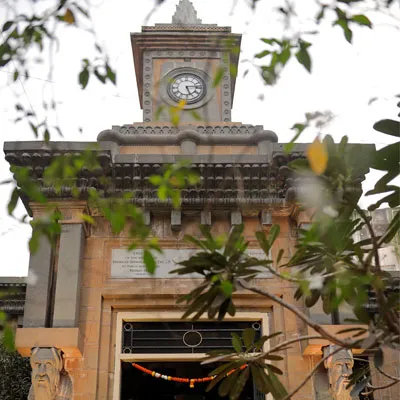
CPCB intends to give subsidies for production of pellets for green fuel

MIC Electronics Bags Rs 14.6 Million Order from Northern Railways
MIC Electronics has received a Letter of Acceptance from Northern Railways for passenger information and telecom infrastructure works valued at Rs 14.6 million.The project scope includes the supply, installation, testing and commissioning of a comprehensive passenger information and backend telecom system to support real-time train and platform information across railway premises. This includes LED-based coach guidance display boards, train formation “at-a-glance” displays, GPS-based platform clocks and indoor display units, all conforming to RDSO specifications.The order also covers..

VinFast Enters Indonesia E-Scooter Market, Signs Dealer MoUs
VinFast has officially entered Indonesia’s e-scooter market after signing Memoranda of Understanding with a network of strategic local dealers, marking a key step in the company’s international expansion of electric two-wheelers.VinFast has partnered with K3, Citra Abadi Sedaya, PT Bevos Auto Mandiri, PT Sapta Jaya, MotorArt, PT Sinergies Dua Kawan and PT HINU, all of which have established experience in automobile and motorcycle distribution. The company said the partners bring strong market knowledge and operational capabilities aligned with VinFast’s retail and service standards.The c..

Rustomjee Restores Wadia Clock Tower in Mumbai’s Fort
Rustomjee Group has completed the restoration of the 19th-century Bomanjee Hormarjee Wadia Clock Tower in Mumbai’s Fort area, reviving one of the city’s historic public landmarks through a collaboration with the Kala Ghoda Association.Built in 1882 as a tribute to philanthropist Bomanjee Hormarjee Wadia, the basalt stone clock tower and fountain stands at the junction of Bazaar Gate Street and Perin Nariman Street. The restored landmark was inaugurated on 9 February 2026 by Boman Rustom Irani, Chairman and Managing Director of Rustomjee Group, and Brinda Miller, Chairperson of the Kala Gho..

















